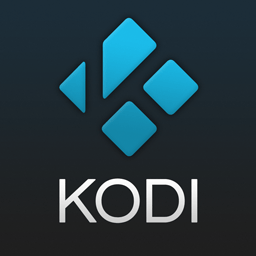While Kodi is a neutral media player, the name often shows up in piracy related headlines.
This is the result of dozens of unofficial addons, which can turn the software into a piracy tool, something the Kodi team can do little about.
In fact, the media player developers prefer to see their software used for legitimate purposes. While that’s already the case, they hope to expand their reach by offering support for DRM.
The Kodi team already announced that it was working on DRM support last year and with the “Kodi v18 Leia” alpha release, it’s now reality. This means that publishers can develop official addons which are capable of playing encrypted content.
Martijn Kaijser, Project lead of the XBMC Foundation from which the Kodi team operates, stresses that without DRM, mainstream adoption from publishers is not an option.
“In the past, we have talked to publishers and in almost all cases the first question was if we supported DRM. If not, that was the end of the talk. Others did have interest if we were going to add it and would come back to us if we would,” Kaijser says.
Mainstream adoption is a slow process though. Thus far there are no “official” addons using the DRM capabilities. However, the Kodi team hopes that these will come soon.
“Up till now, there is no official work or interest that I know of from providers. Our current motto is ‘if you implement it they will come’ so let’s hope this will indeed open doors,” Kaijser notes.
This doesn’t mean, however, that the DRM functionality is not being utilized. The Kodi team believes that several addons in their repository have it implemented already, including the Eurosport Player and the YouTube plugin.
The unofficial Netflix and Amazon addons, which are available elsewhere on the web, are confirmed to use the DRM functionality, according to Kaijser.
It has to be noted that DRM might not work perfectly everywhere, as the requirements can differ per platform and service. So there might be some restrictions.
“The first one we had working was Android because it has the system implemented in the Android API and has full 4K support depending on the license in place on the hardware. For Linux, we act as if we are a browser and then you are limited to what a browser can play,” Kaijser says.
That brings us to the main downside of DRM. For the end user, it is not always the most convenient option. However, in this case, it’s a choice between not having mainstream content available at all, or with limitations.
Let’s hope that users don’t get too frustrated by any of the possible DRM issues, as that may tempt them to look for alternatives.
—
Note: To clarify, the DRM functionality is part of Kodi v18 which is currently in alpha and will be the official release later.


 While
While 



